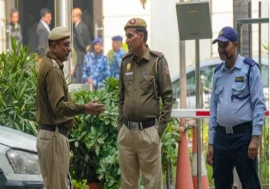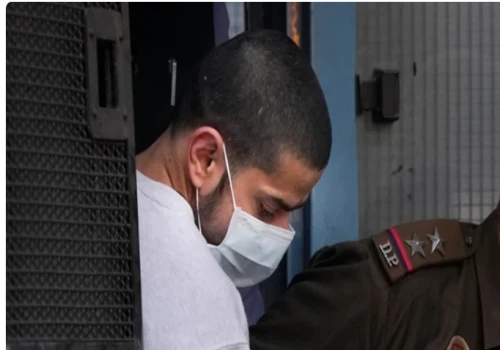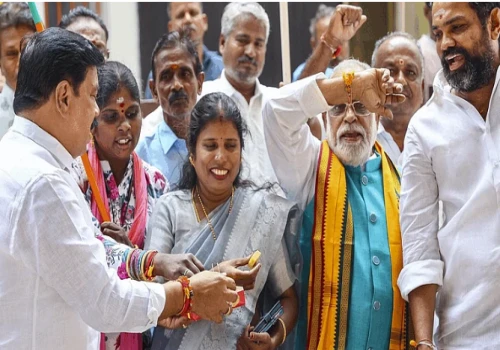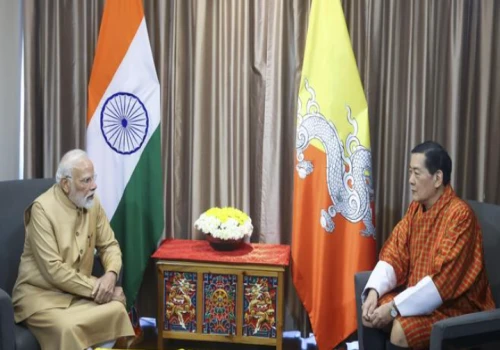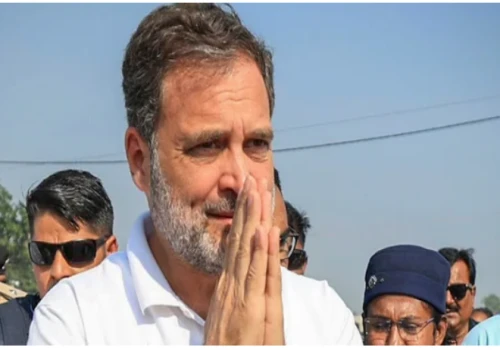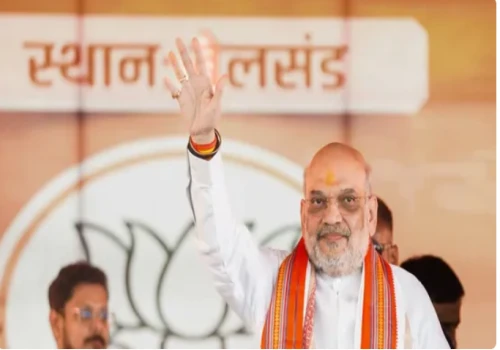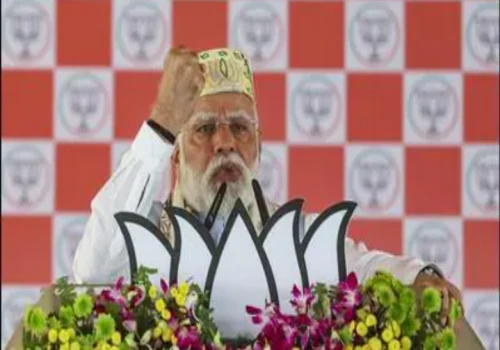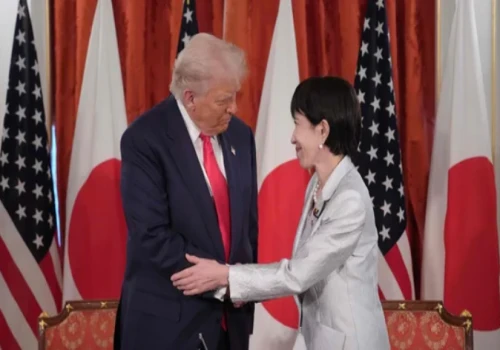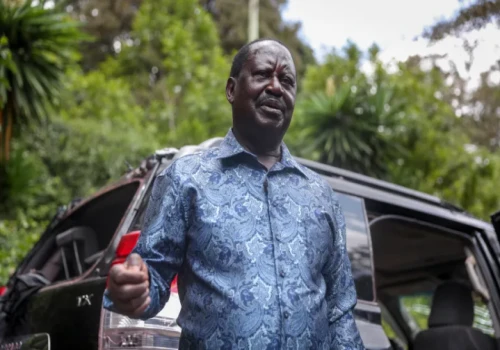
In a shocking turn of events, a Russian government minister was found dead by suicide just hours after being dismissed from his post by President Vladimir Putin.
The tragic incident has sent shockwaves through both Russian political circles and the international community. The minister, whose name is being withheld pending family notification, had been under scrutiny in recent weeks over allegations of mismanagement. Putin’s abrupt decision to relieve him of his duties raised speculation over deeper political tensions within the Kremlin.
Authorities have confirmed that the minister’s death was a suicide, with early reports indicating it took place at his official residence in Moscow. The Kremlin has expressed "deep sorrow" over the incident and pledged full cooperation with ongoing investigations.
This marks a troubling moment for Russia’s political landscape, as critics point to increasing pressure and mental health concerns among high-ranking officials. Human rights advocates are calling for transparency and mental health support mechanisms for public servants operating under immense stress.
Opposition leaders and public commentators have already begun questioning the nature of his dismissal and its possible connection to his state of mind. Some have also criticized the Kremlin's growing intolerance for internal dissent and public accountability.
Meanwhile, global leaders have extended condolences and called for a thorough and transparent investigation. As the nation grapples with this development, questions about the internal functioning of the Russian government and the psychological toll of political power are more relevant t
han ever.


